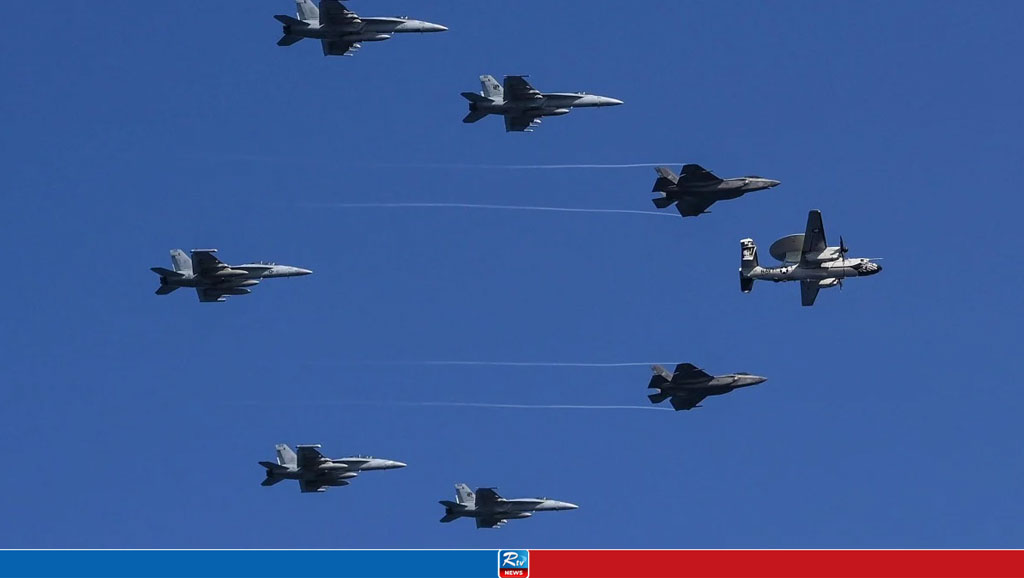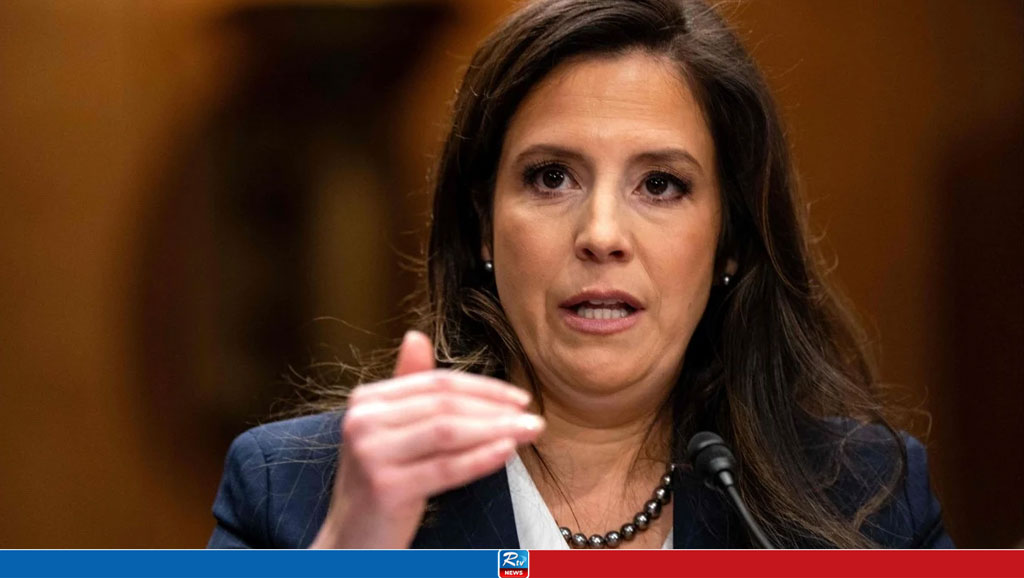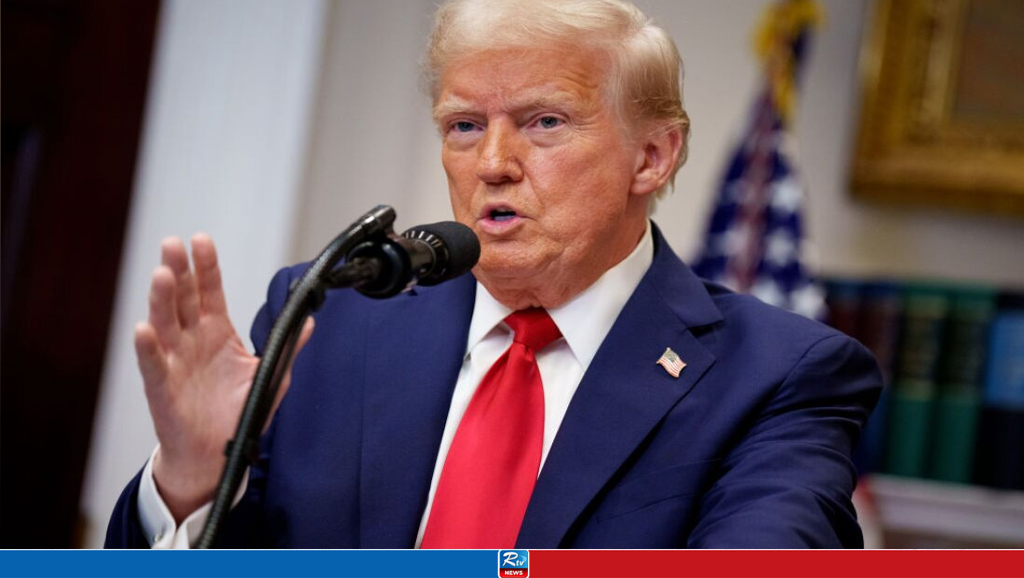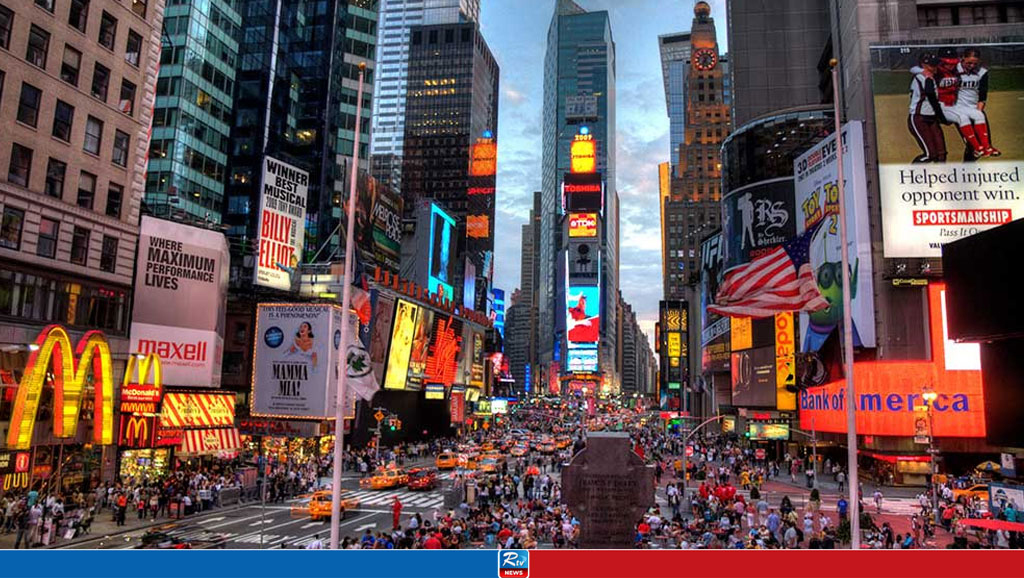Merkel Recalls Childhood, Putin, Trump in New Memoir
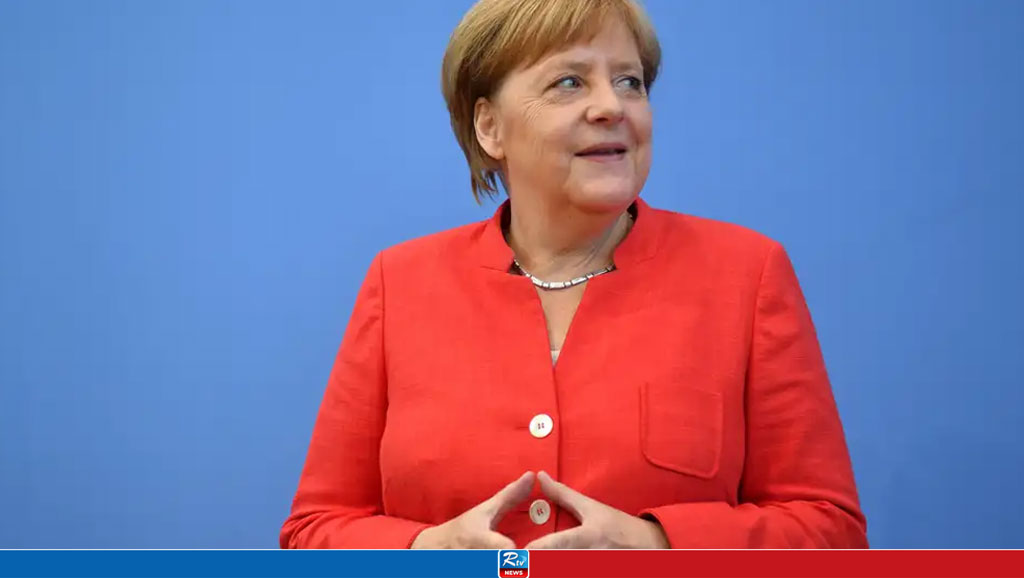
Angela Merkel was the longest-serving chancellor of a post-war, united Germany, earning a reputation for calm and pragmatic leadership. On Thursday, Die Zeit published passages from her highly anticipated book Freedom. Memories 1954-2021.
Here are some of the key takeaways:
Growing up in East Germany
Born in Hamburg in what was then West Germany in 1954, her father's work took the family to Brandenburg in the former East Germany when she was a baby.
In her book, she describes childhood under the East German (GDR) dictatorship as "a life constantly on the edge. No matter how carefree a day began, everything could change in a matter of seconds" if someone around her stepped out of line.
"The state knew no mercy," she writes, adding that realizing what lines could not be crossed was an important skill, even for a child. "My pragmatic approach helped me" in that regard, she says.
The ex-chancellor writes that despite the GDR's attempts to totally control its citizens, she maintained her carefree attitude and would come to disdain the "pettiness, narrow-mindedness, tasteless and...humorlessness" of the East German regime.
On becoming Germany's first female chancellor
In Germany's 2005 federal election, Merkel was selected to represent the center-right CDU/CSU bloc over, among others, current CDU leader Friedrich Merz.
She says she found "a difference between theory and practice" in the acceptance of a female candidate for head of government. "There were doubts about this" she writes, even "deep within the ranks of women" in her party.
Merkel then explains the challenge of going up against then-Chancellor Gerhard Schröder and his reputation for being "energetic and smart."
"Any man who challenged the chancellor...would have felt the same way. But being a woman, I felt, was definitely not an advantage."
On Putin and Trump
In an excerpt on meeting Russian President Vladimir Putin at the 2007 Munich Security Conference, Merkel says Putin presented himself as "someone who was always on his guard, not to be trifled with, and always ready to dish it out."
She confirms a famous story that Putin brought his large Labrador to a private meeting with her. It is well-known that an earlier incident left Merkel with a phobia of dogs, but Putin has denied doing it on purpose to intimidate her.
She also says he regularly arrived late to make people wait.
"You could find all this childish, reprehensible, you could shake your head at it," but that didn't make Russia any less important on the world stage, the ex-chancellor says. She goes on to describe him as singularly preoccupied with the United States as if longing for the days of the Cold War.
Merkel also sheds some light on her infamous first meeting with US President Donald Trump in 2017. An incident went viral on social media in which Merkel appeared to ask Trump to shake hands for a photo, and he ignored her.
She writes that he appeared to not understand her request, and then pelted her with questions about growing up under a dictatorship.
He was fascinated by "my East German background and my relationship with Putin. He was clearly very fascinated by the Russian president," Merkel says, adding: "In the years that followed, I had the impression that has was captivated by politicians with autocratic and dictatorial tendencies."
She asserts that Trump spent the rest of their first meeting criticizing her.
"He claimed that I had ruined Germany by taking in so many refugees in 2015 and 2016, accused us of spending too little on defense and criticized us for unfair trade practices," according to Merkel.
Merkel suggests that Trump saw everything through the eyes of a real estate mogul, and did not appear to understand the intertwined global economy, complaining about German cars on New York City streets.
"We were talking on two different levels, Trump on the emotional level, me on the factual level. When he did pay attention to my arguments, it was mostly just to turn them into new accusations," she says. "Resolving the issues raised did not appear to be his goal."
On Ukraine's NATO bid
In the book, Merkel admits to being hesitant to accelerate Kyiv's bid to join NATO.
She describes a 2008 NATO summit in Bucharest, where Ukraine and Georgia's applications to join the alliance were on the agenda.
Merkel notes her concerns over Kyiv's relationship with Russia, although then-Ukrainian President Viktor Yushchenko had sought closer ties to Europe. She also claims that at the time, only a minority of Ukrainians supported NATO membership, stressing the need for new NATO states to add to the overall security for all members.
Merkel has faced criticism from Ukrainians for being too hands-off in her approach to their country. She writes, however, that allowing Ukraine's membership bid to stand was a clear signal to Putin as to where the West stood.
Comments
Azerbaijan Airlines Plane Crashes Near Kazakhstan's Aktau Airport
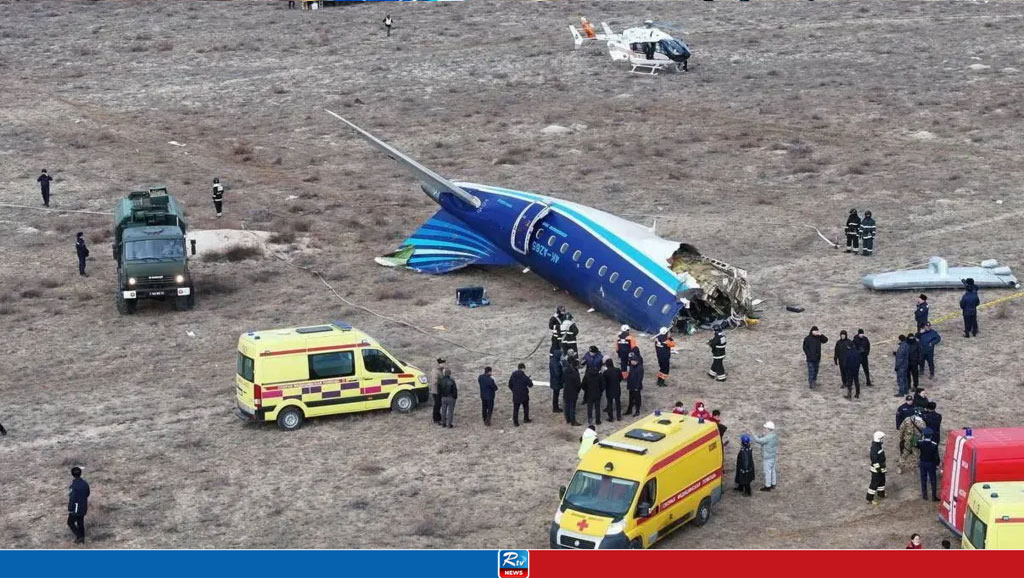
At Least 40 Killed in Kazakhstan Plane Crash, Report Says
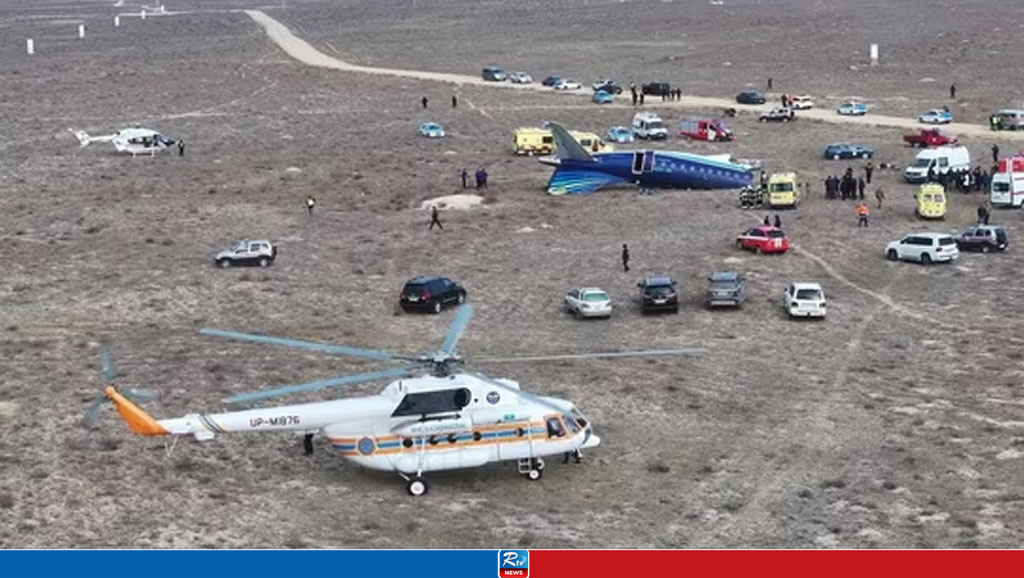
China Launches New Generation Assault Ship 'Sichuan'
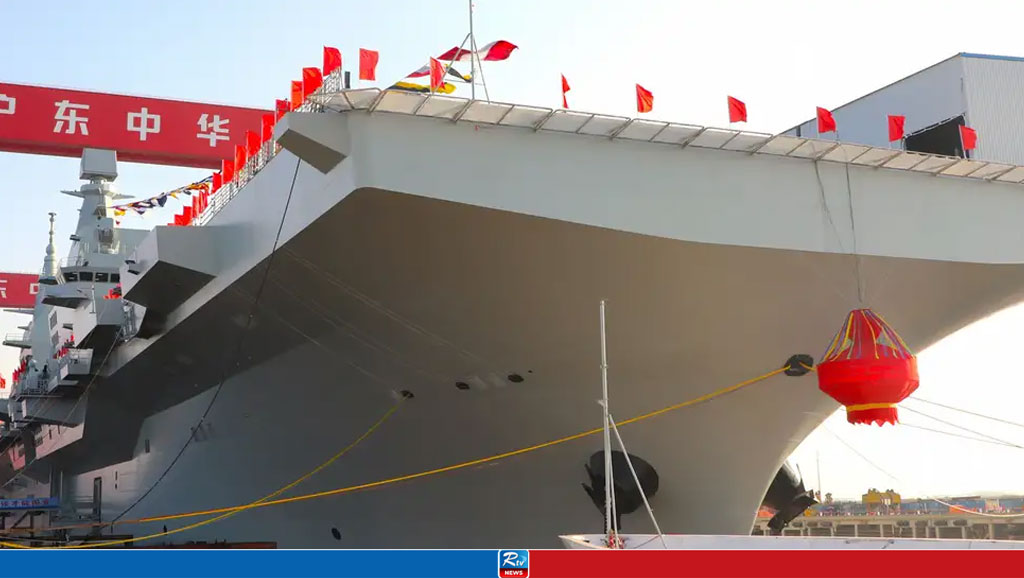
Plane Crash in South Korea: 179 Out of 181 Onboard Killed
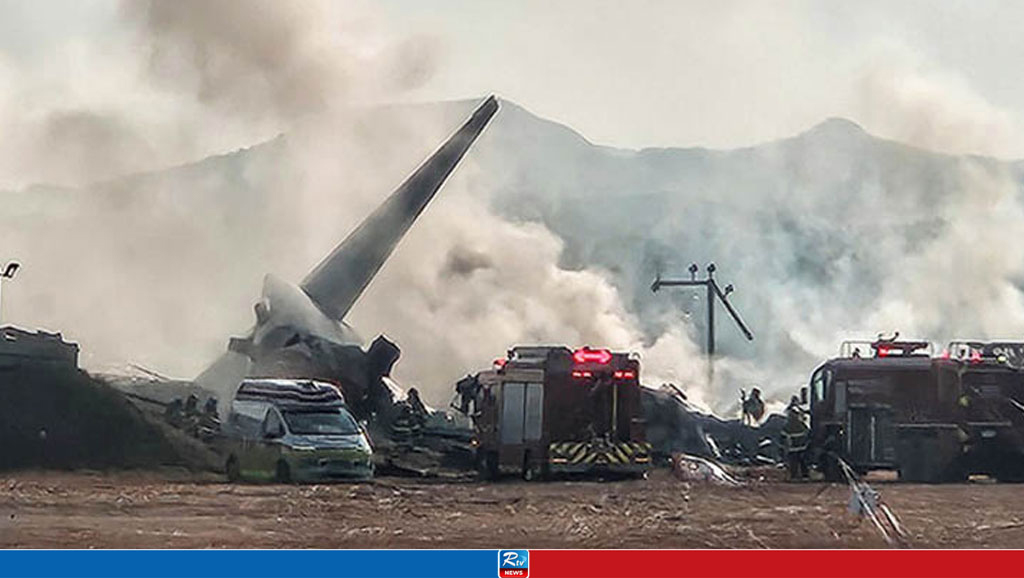
19 Pakistani Soldiers Killed in Border Clash with Afghan Forces
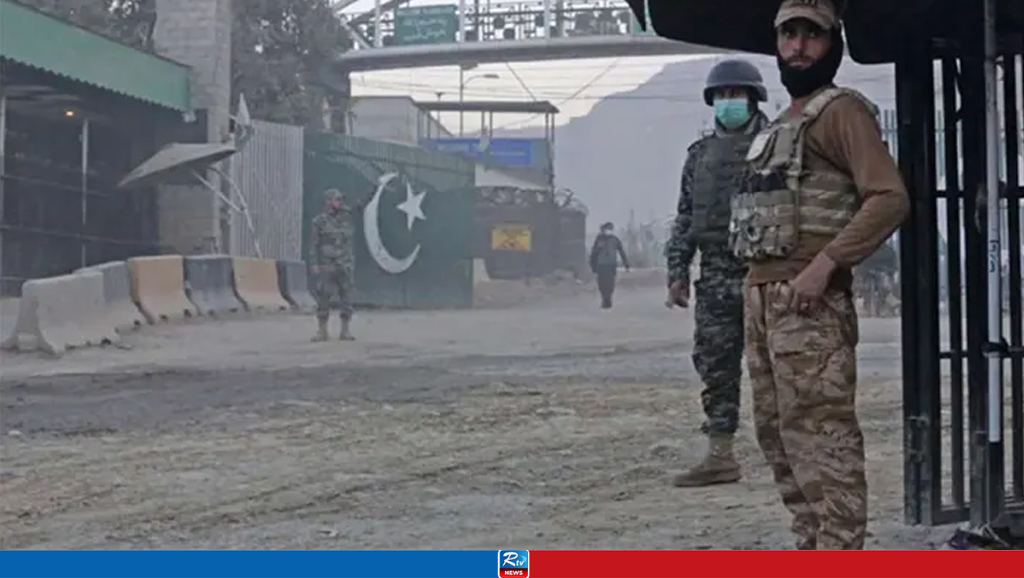
Devastating Road Accident in Ethiopia: At Least 66 Dead

China's Trade Tensions With US Remain High Ahead of Trump Inauguration
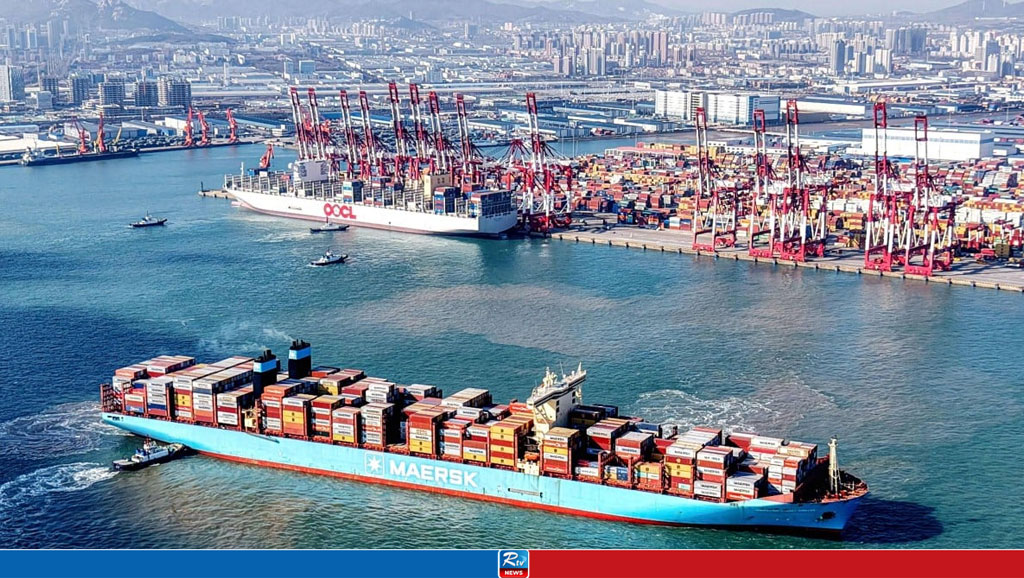

 Live Tv
Live Tv

